SUMMARY
This is AI generated summarization, which may have errors. For context, always refer to the full article.
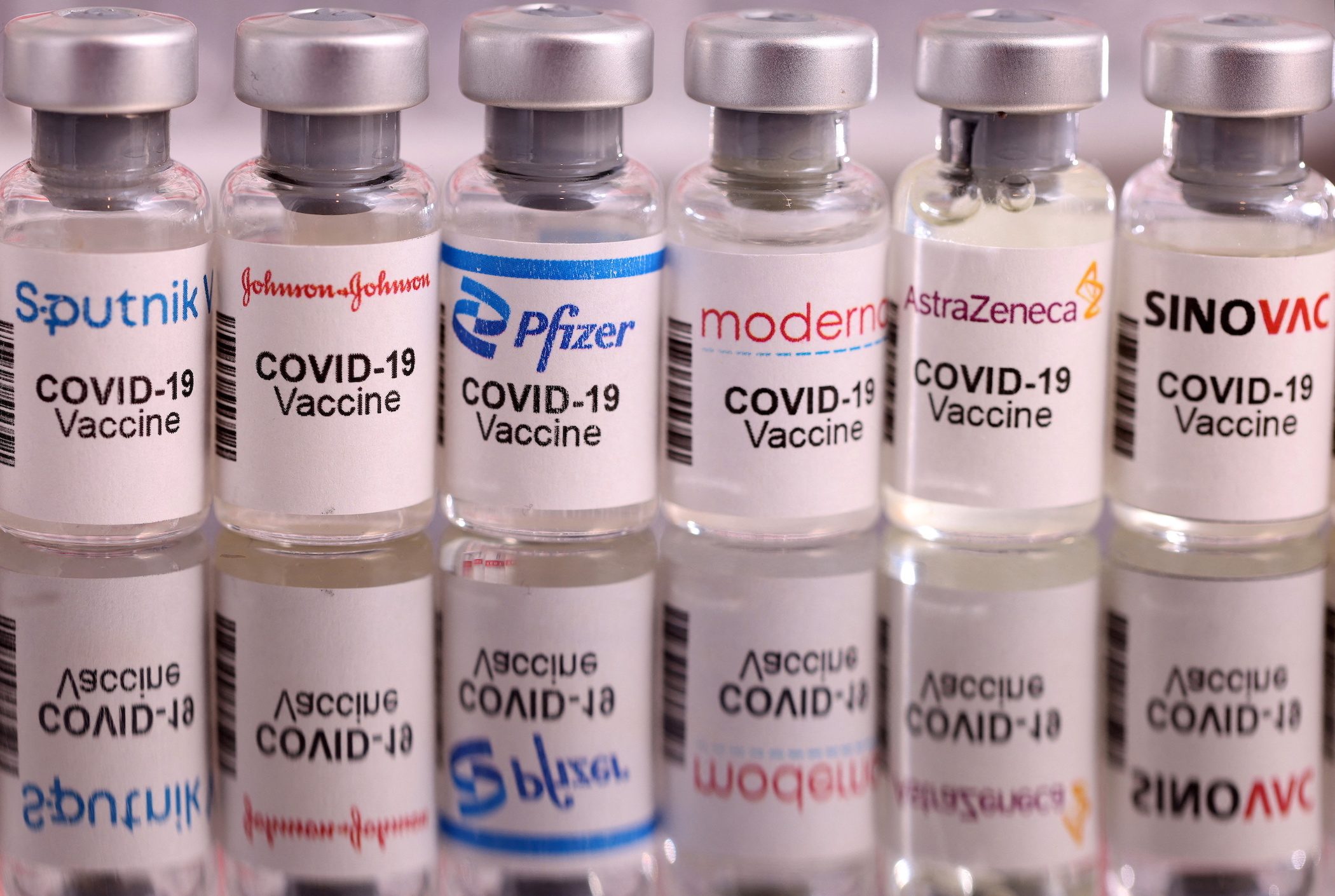
The World Trade Organization (WTO) praised a provisional deal to waive patent rights for COVID-19 vaccines after more than a year of deadlock, though drugmakers said the move risked undermining the industry’s ability to respond to future health crises.
The United States, the European Union, India, and South Africa agreed on Tuesday, March 15, on key elements for a waiver.
It now needs the backing of the 164 members of the WTO, which takes decisions based on consensus, so rejection by just one country could still block an accord.
“This is a major step forward,” WTO Director-General Ngozi Okonjo-Iweala said after the agreement was announced. “But we are not there yet. We have more work to do to ensure that we have the support of the entire WTO membership.”
If approved, the agreement would mean countries could permit domestic manufacturers to produce vaccines without patent-holder consent for three or five years. But only developing countries accounting for less than 10% of global exports of COVID-19 shots in 2021 could do this.
That would appear to exclude China but clear India, which banned vaccine exports for much of 2021.
Global drugmakers in the International Federation of Pharmaceutical Manufacturers and Associations (IFPMA) said the move could undermine their ability to respond to future crises.
“Biopharmaceutical companies reaffirm their position that weakening patents now when it is widely acknowledged that there are no longer supply constraints of COVID-19 vaccines, sends the wrong signal,” IFPMA director general Thomas Cueni said.
The People’s Vaccine Alliance, a coalition of over 90 campaign groups, said the proposal ignored other intellectual property barriers such as trade secrets and failed to include treatments that could save millions of lives.
“In a crisis, half measures are not acceptable,” it said.
The provisional agreement says WTO members should decide within six months on an extension to cover diagnostics and therapeutics.
Pfizer declined to comment on the initiative and its German vaccine partner BioNTech had no immediate comment. The two have pledged to provide 2 billion doses of their COVID-19 vaccine to low and middle income countries in 2021 and 2022.
AstraZeneca, the maker of another major COVID-19 vaccine, also declined to comment.
COVAX, global program to provide vaccines to poorer nations, has been struggling this year to place more than 300 million doses, as supply and donations have ramped up.
Poorer nations have face challenges ranging from limits on cold-chain shortage to vaccine hesitancy and inadequate funds to support distribution. – Rappler.com
Add a comment
How does this make you feel?
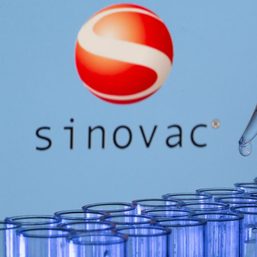
![[Rappler’s Best] US does propaganda? Of course.](https://www.rappler.com/tachyon/2024/06/US-does-propaganda-Of-course-june-17-2024.jpg?resize=257%2C257&crop=236px%2C0px%2C720px%2C720px)

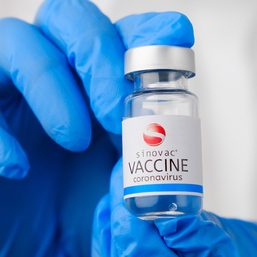
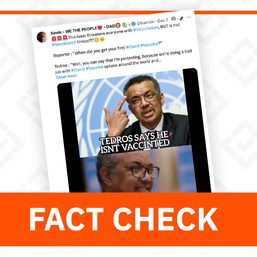
![[Free to disagree] Why investigate Bell-Kenz Pharma Inc?](https://www.rappler.com/tachyon/2024/05/TL-why-investigate-punish-bell-kenz-pharma-inc-May-6-2024.jpg?resize=257%2C257&crop_strategy=attention)



![[Free to Disagree] Sabwatan ng mga doktor at drug companies](https://www.rappler.com/tachyon/2024/04/tl-sabwatan-doktor-drug-companies-April-22-2024.jpg?resize=257%2C257&crop=292px%2C0px%2C720px%2C720px)
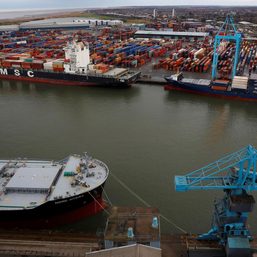
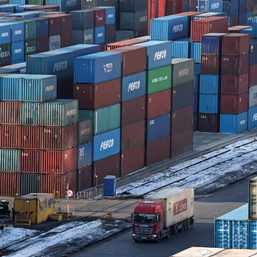
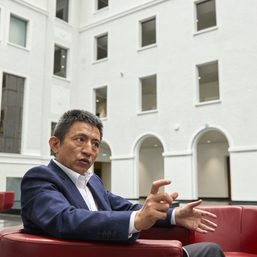
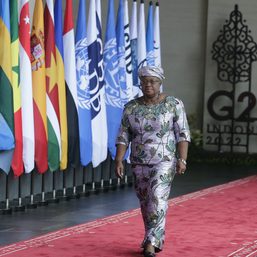
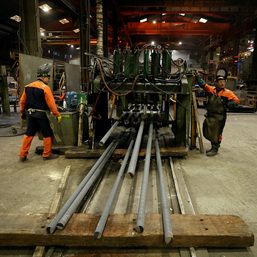
There are no comments yet. Add your comment to start the conversation.